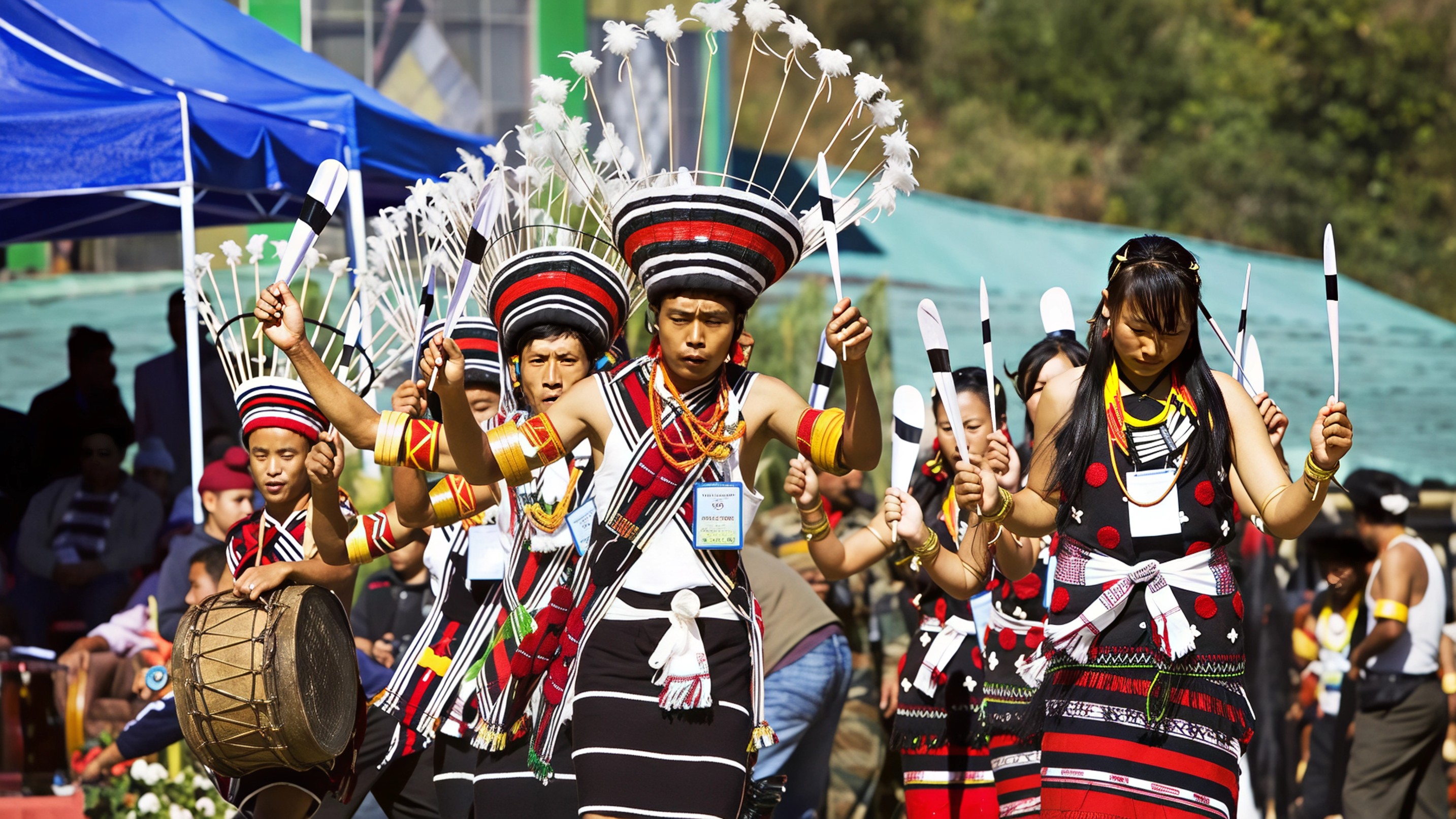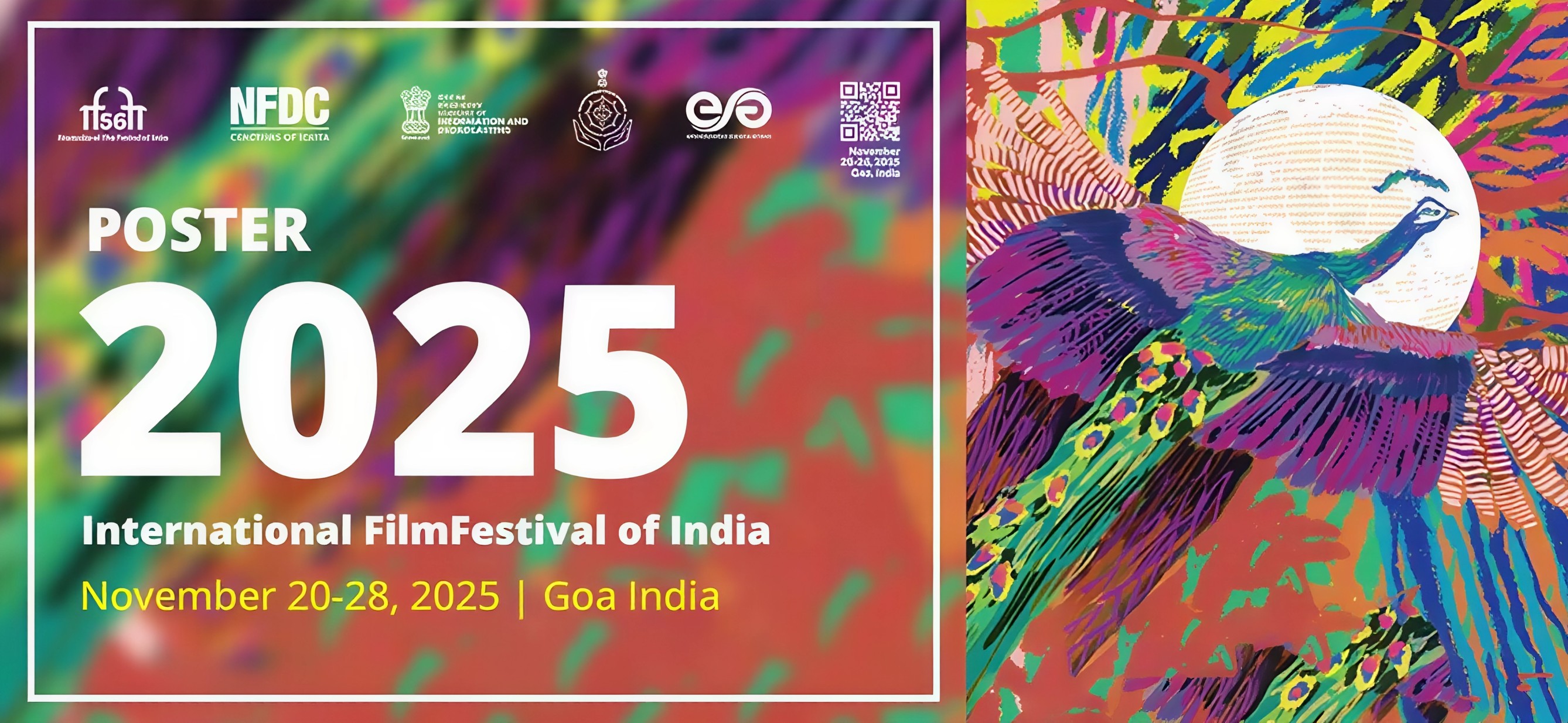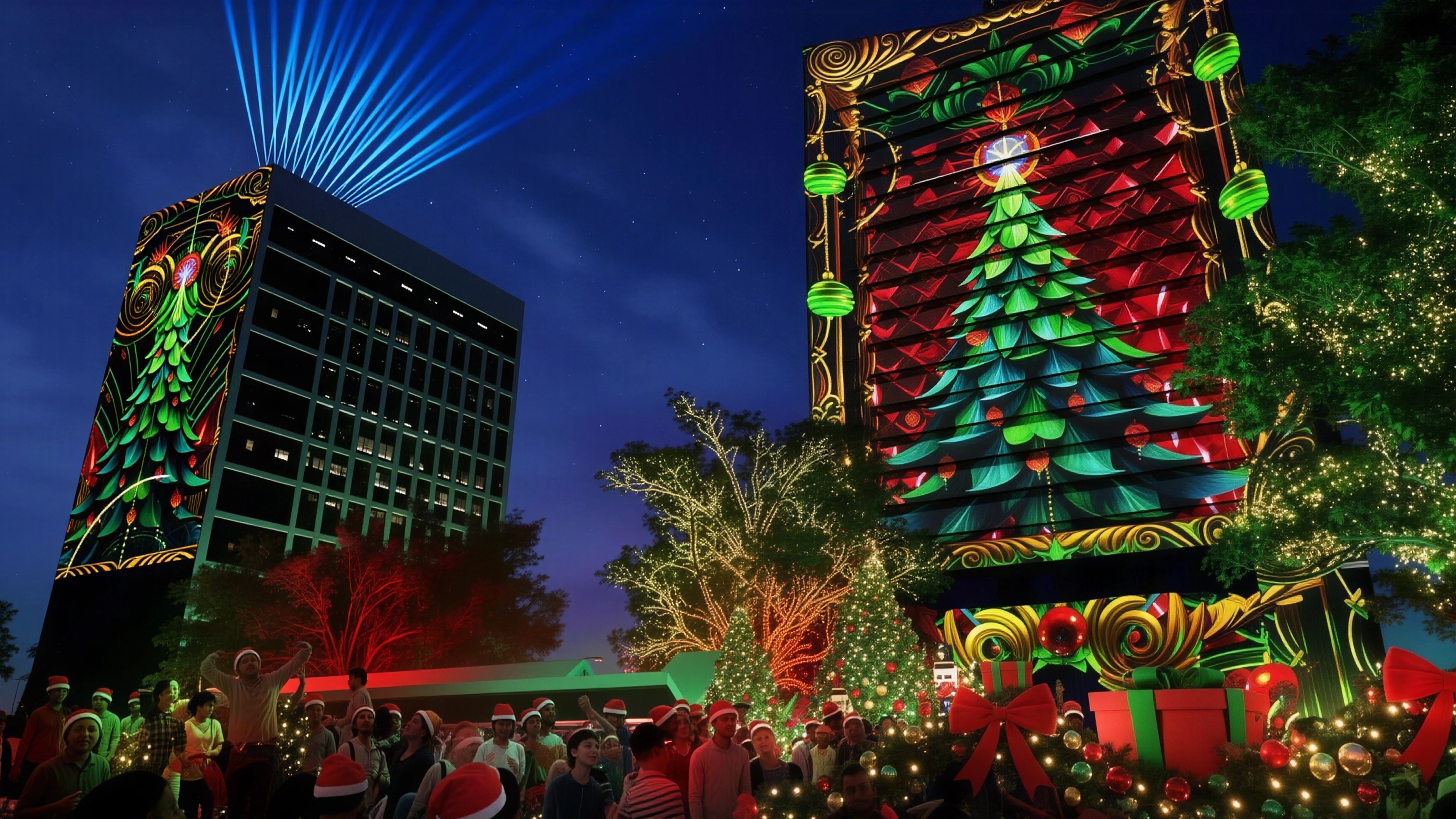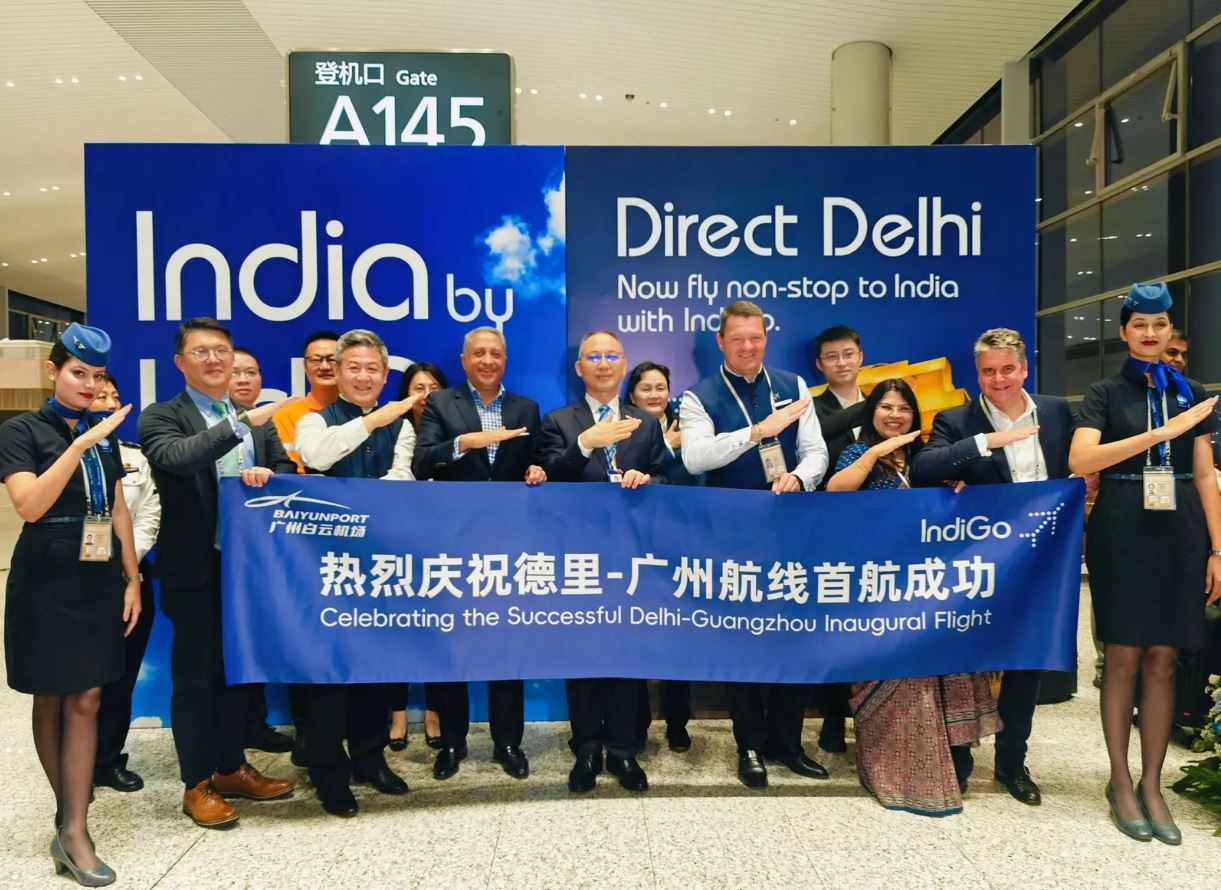Nestled in the tropical heart of North Sumatra, Indonesia, lies a journey few coffee lovers get to take. This is not just about sipping a fine roast. It is about walking the land, meeting the growers, touching the beans, and drinking coffee where it is born. And when that journey unfolds under the looming gaze of Mount Sinabung, an active volcano, it becomes something truly unforgettable.
The Starbucks Farmer Support Center in Dolat Rayat, about two hours from Medan, serves as a learning ground for both farmers and visitors. The drive to the center takes you past fruit stalls bursting with fresh durians, avocados, snake fruit, and oranges. These roadside vendors sit beside humble coffee huts, not unlike India’s famous chai tapris, reminding you that here too, caffeine fuels conversations and daily life.
Upon arrival, guests are welcomed with fruits as vibrant as the landscape. Juicy mangosteens, sweet passion fruit, and crispy snake fruit set the tone. But the real star is the coffee, and the journey begins in a nursery where the lifecycle of a coffee plant is laid bare. A goat pen nearby serves more than a pastoral purpose. The goats provide natural fertiliser, and their playful presence makes the learning feel grounded and real.
From here, visitors are taken through the early stages of the coffee plant’s life. Agronomists explain how saplings are nurtured and how farmers are trained in sustainable agricultural practices. A cupping session follows, led by coffee development lead Brittany Zeller, where guests are taught to sniff, slurp, and savour the brew with the same care one would devote to fine wine. The experience becomes personal, with each individual tasting different notes based on their unique palate. Some taste banana and jackfruit, others pepper and cinnamon, all drawn from the same beans shaped by climate, soil, and fermentation methods.
To complete the circle, a visit to a local coffee farm brings everything full circle. In Cimbang, not far from the still active Mount Sinabung, visitors meet Ngamanken Pelawi and Junita Br Surbakti, first generation coffee farmers. Their story adds a powerful layer to the experience. When Sinabung erupted in 2016, their mandarin orchard was destroyed. Left with nothing but hope and scorched land, they joined a sapling distribution program supported by Starbucks. Today, they are part of the region’s growing coffee movement, with their farm income rising steadily since that fateful decision.
Their journey is not just about growing coffee. It is about reclaiming life from disaster, building with resilience, and embracing change. With support from trained agronomists, they learned about natural pest control, shade management, and crop diversification. The coffee here is grown in small plots, often in home gardens, processed locally, and then sent to larger mills. It is hands on, community driven farming at its most intimate and authentic.
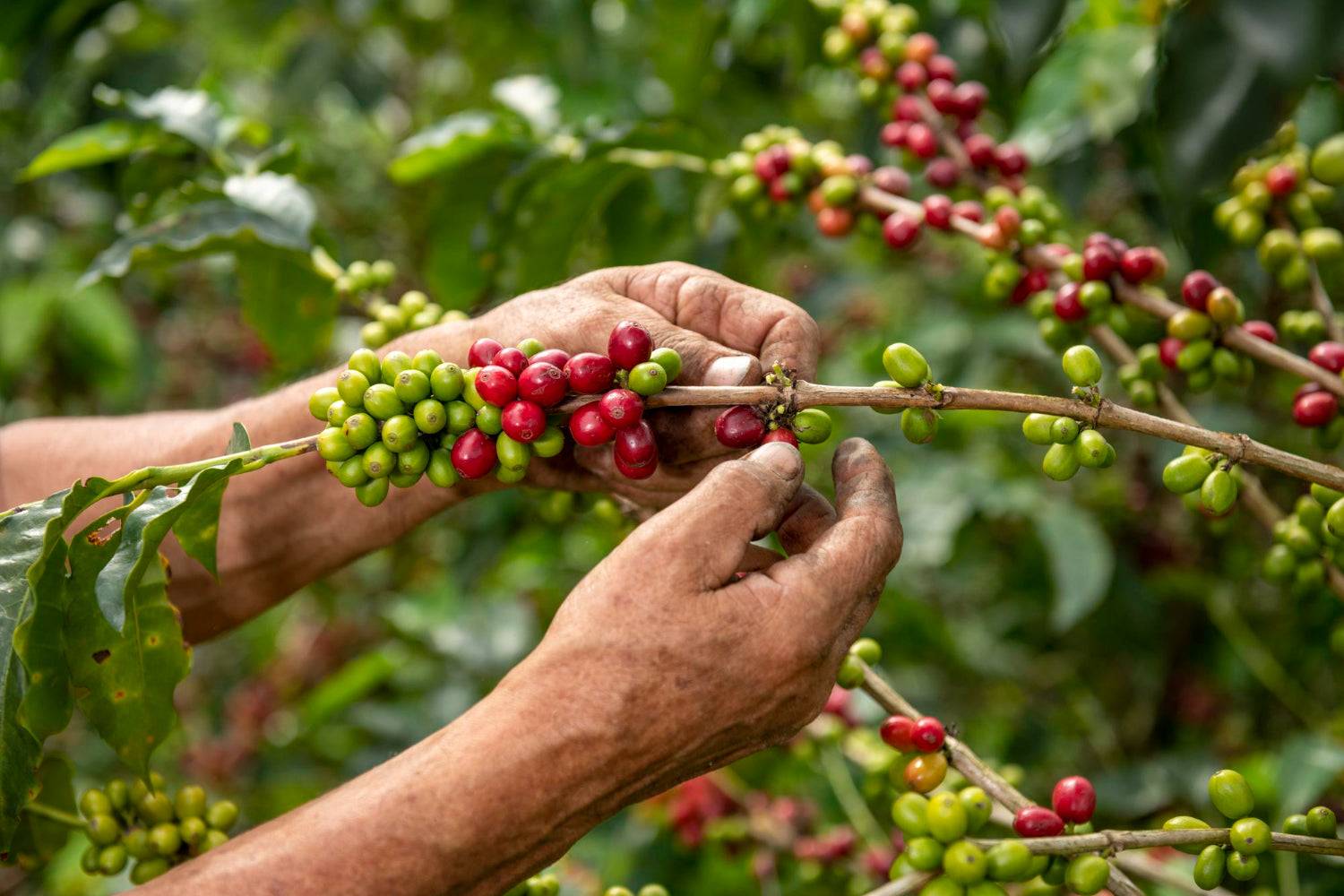
At the end of the visit, Pelawi offers a cup of coffee brewed from his own harvest and bananas fresh from his garden. The moment is simple, but profound. This is not just a beverage. It is a product of climate, courage, community, and care.
Even the surrounding dragon fruit farms hold secrets of innovation. Farmers hang light bulbs over the trellises to give the plants a sense of daylight during cloudy periods or nightfall. This playful trick keeps the fruits growing around the clock, a metaphor perhaps for the tireless work and ingenuity that thrives in this corner of the world.
The North Sumatra experience is not just about coffee. It is about stories brewed into every cup, landscapes shaped by fire and rain, and people who pour their lives into what we often sip without a second thought. It is a reminder that every great cup of coffee begins long before it meets a mug.
Follow Travel Moves on Instagram and Facebook for more immersive journeys that take you beyond the usual and into the heart of real experiences.



